Product Description
 America has an aging challenge. As baby boomers enter advanced age, the shortfalls of our current care delivery systems are increasingly clear. If nothing changes, we are woefully unprepared for a world with more older adults than ever before. Aging Forward confronts this inconvenient reality and provides a life raft—a vision for the future with achievable solutions.
America has an aging challenge. As baby boomers enter advanced age, the shortfalls of our current care delivery systems are increasingly clear. If nothing changes, we are woefully unprepared for a world with more older adults than ever before. Aging Forward confronts this inconvenient reality and provides a life raft—a vision for the future with achievable solutions.
In this new era of human history, the leaders who will bring us safely to better shores are already among us—perhaps you are one. In this book, discover what will be needed for the journey. It begins with a deep look at how we got here—delving into the economic, political, and cultural forces that created America’s aging services model—and exposes the unsustainable trajectory of these services and policies given the state of health and aging today.
By focusing on the growing need to manage chronic health conditions versus waiting for medical crises, the authors explore how to restructure incentives, network communications, use data-driven solutions, and embrace existing and emerging technologies to reshape the infrastructure of aging care. The result: Better access to supports that will more easily—and economically—keep older adults safe, independent, and in their own communities for longer, avoiding the burdens and fears so many endure now.
The good news of Aging Forward is that “we are not bankrupt.” The solutions are all around us waiting to be applied. Yes, a radical change in every sector of society is needed—in government, public health, business, technology, urban planning, culture, community, family, and individuals—but this book shows it is possible. Examples of businesses and technologies performing successful transformations on very short timelines are occurring before our eyes. The tools we need are already available to us, but their enormous potential for caring for older people has barely been tapped.
Aging Forward illuminates the way to get started when the future of aging is now.

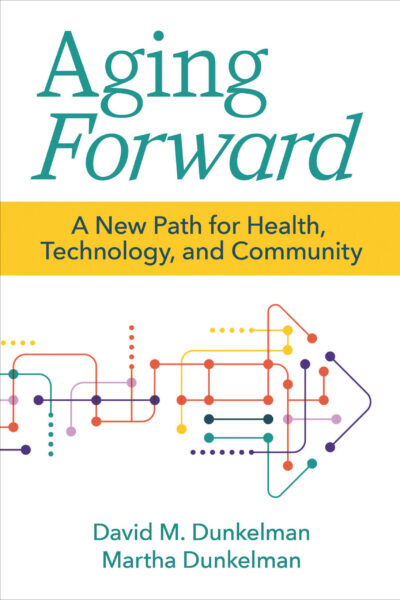

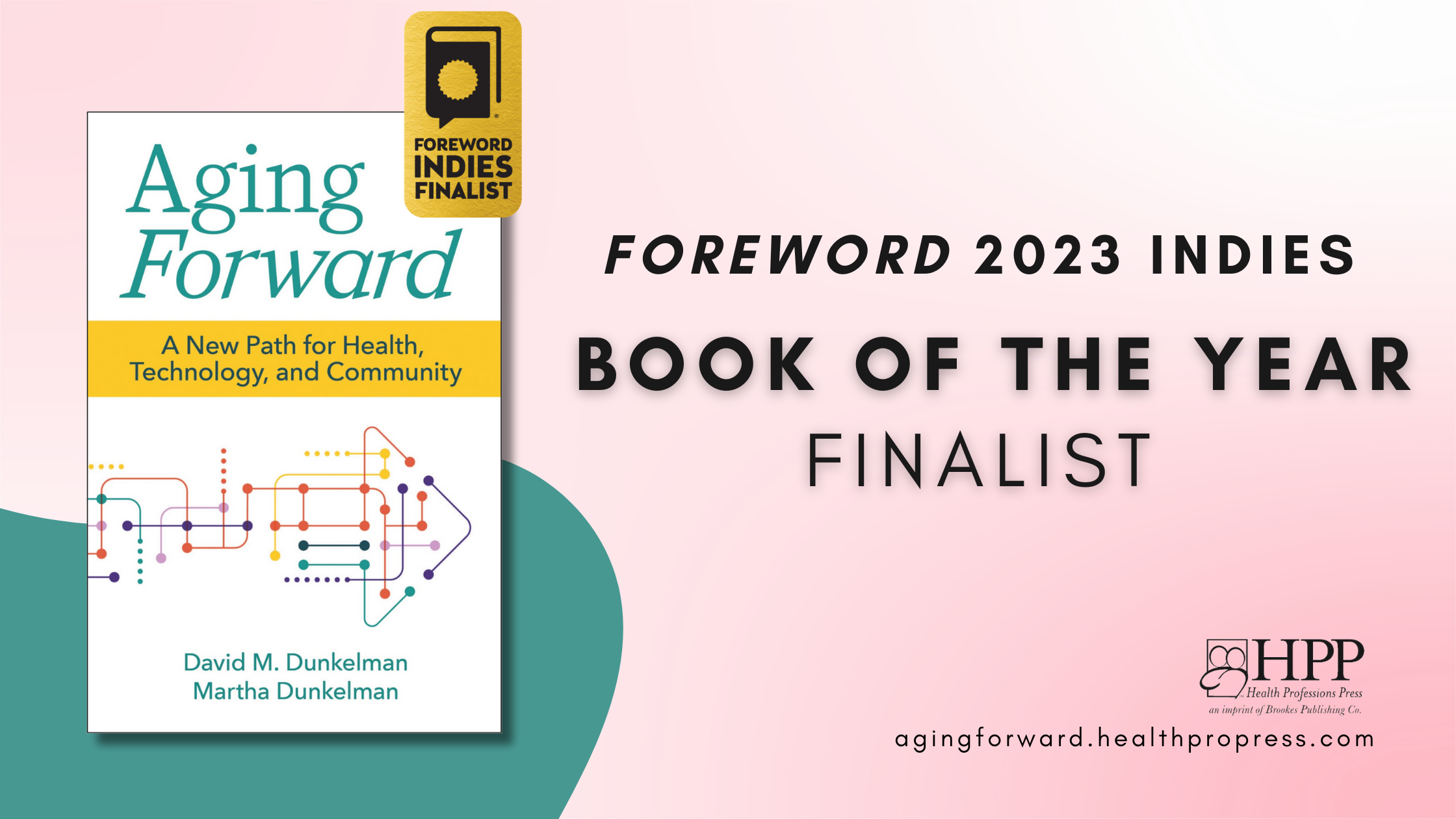

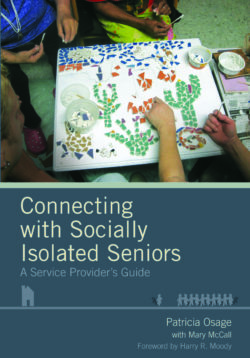
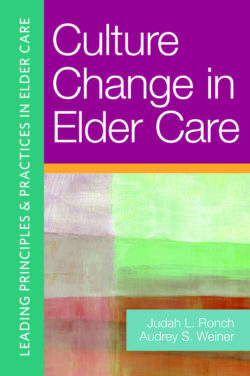
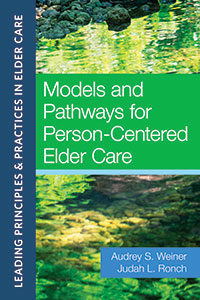
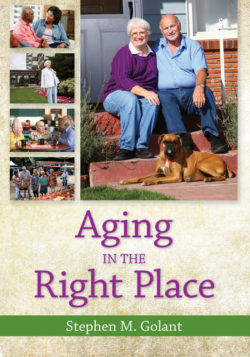
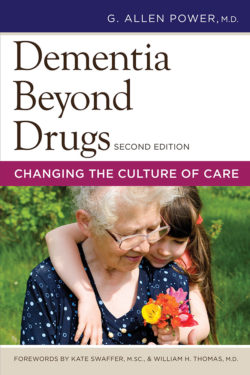
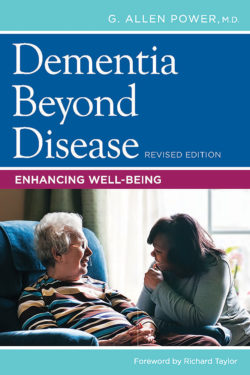
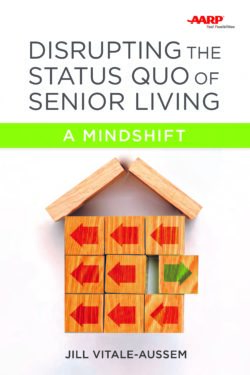
HPP Admin –
“David and Martha Dunkelman’s important book about aging affects every American by addressing this critical question: How can more Americans age in health and dignity in their own homes or in places designed better to meet their needs for care and community? I hope their experiences and thoughtful recommendations will be read and followed by both policy makers and concerned citizens, who can use their ideas to implement changes we all know we need.”
—Hillary Clinton, former United States Secretary of State
HPP Admin –
“This groundbreaking book envisions a new direction for aging and aging care networks and, in doing so, invites us to imagine better care for all people with ongoing health or mental health conditions. Not only a “must read” for health professionals, interprofessional educators, and health policy makers, it would be a great book for anyone interested in these topics or in a future involving networked care.”
—Nancy J. Smyth, Ph.D., LCSW, Professor and Former Dean, University at Buffalo School of Social Work
HPP Admin –
“Aging Forward is full of insightful, provocative, and innovative ideas that will help move forward the national debate about the much-needed reform of the patchwork of health care for older adults. A must read for anyone who cares about improving the health care of older adults.”
—Thomas J. Fairchild, Ph.D., Adjunct Associate Professor, Department of Behavioral Health and Health Services, Department of Internal Medicine and Geriatrics, The University of North Texas Health Science Center at Fort Worth
HPP Admin –
“This groundbreaking book highlights the impact of the deluge of older people on our broken healthcare system. The current financing system is a significant barrier to change and improvement. David’s 30 years of experience provide some important insights about how America can meet the challenge. It offers a realistic and practical path out of the current stagnation and denial.”
—Richard Berman, Former Director of the office of Health Systems Management, New York State, former member of The US Prospective Payment Commission; and a member of The National Academy of Medicine/National Academy of Sciences (formerly known as the Institute of Medicine)
HPP Admin –
“The history of long-term care for older persons is filled with mistakes and shortsighted solutions. But the hopeful message of this book is that change is possible. Tomorrow’s seniors will be the beneficiaries of new digital technologies that will significantly improve their ability to live independent and dignified lives.”
—Stephen Golant, Ph.D., author of Aging in the Right Place